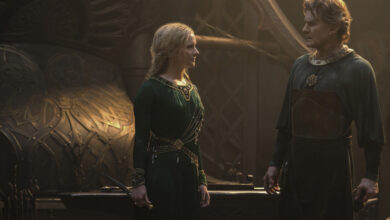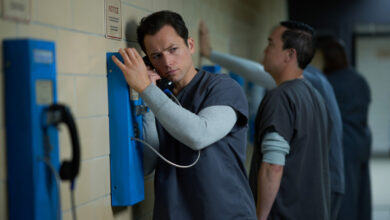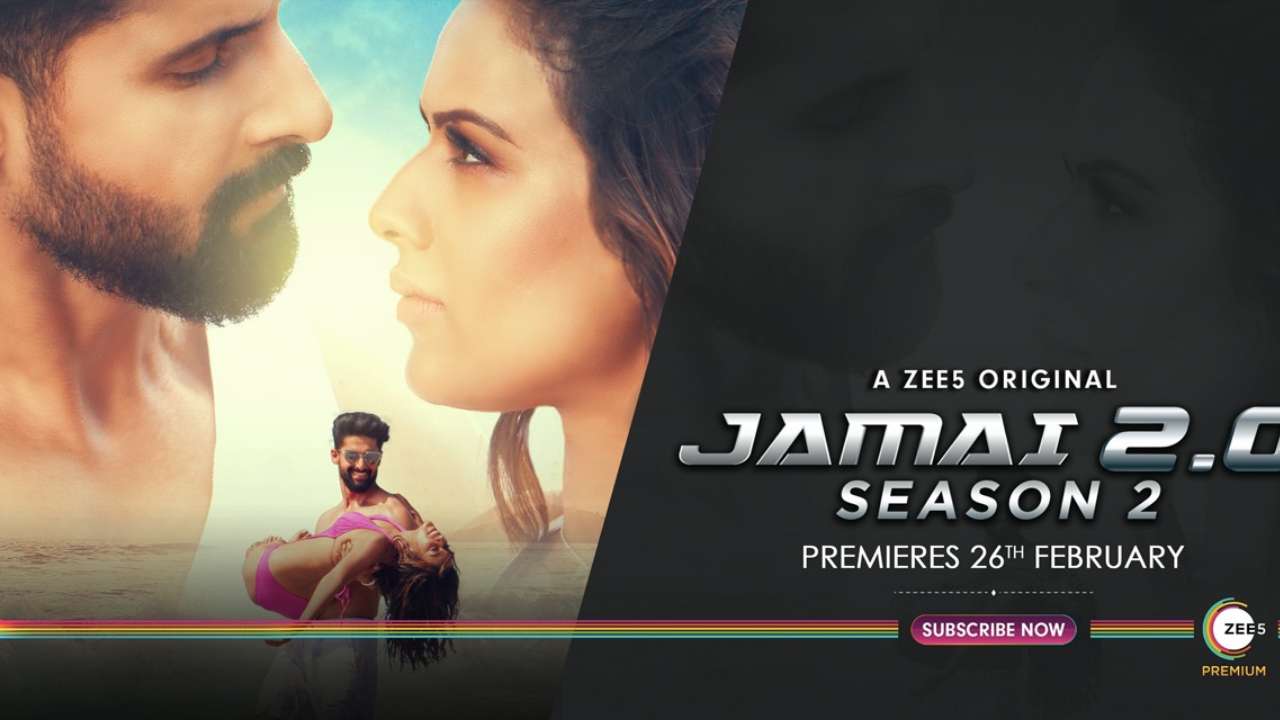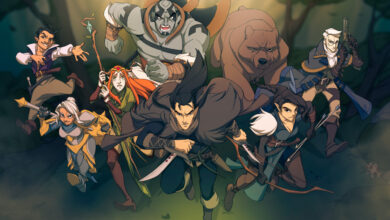Ahsoka Episode 8 Review: Lights, Shadows, Mysticism, and The Force | Season 1 Finale
Cast: Rosario Dawson, Natasha Liu Bordizzo, Mary Elizabeth Winstead, Ray Stevenson, Ivanna Sakhno, Diana Lee Inosanto, David Tennant, Eman Esfandi, Lars Mikkelsen
Director: Rick Famuyiwa
Streaming Platform: Disney+
Filmyhype.com Ratings: 4.5/5 (four and a half stars)
Ahsoka Episode 8 was finally released on Disney+ streaming and now season 1 finally ended. If Star Wars were a religion, then its Trinity would be Philoni, Ahsoka, and Anakin. Nothing else can be said after Ahsoka, the series set in the galaxy far, far away starring Anakin Skywalker’s former padawan. Feverishly awaited, especially after the disappointing performances of cult characters from the franchise such as Obi-Wan Kenobi and Boba Fett, Ahsoka was destined to be a watershed for the progress of the saga, which has experienced mixed fortunes since the introduction of the canon. The traditional dimension, that of the big screen, has reserved more disappointments than satisfactions, while the novelty of the live-action series, christened by The Mandalorian, still seems incapable of having a balance, moving from great proposals like Andor to more disappointing ones.
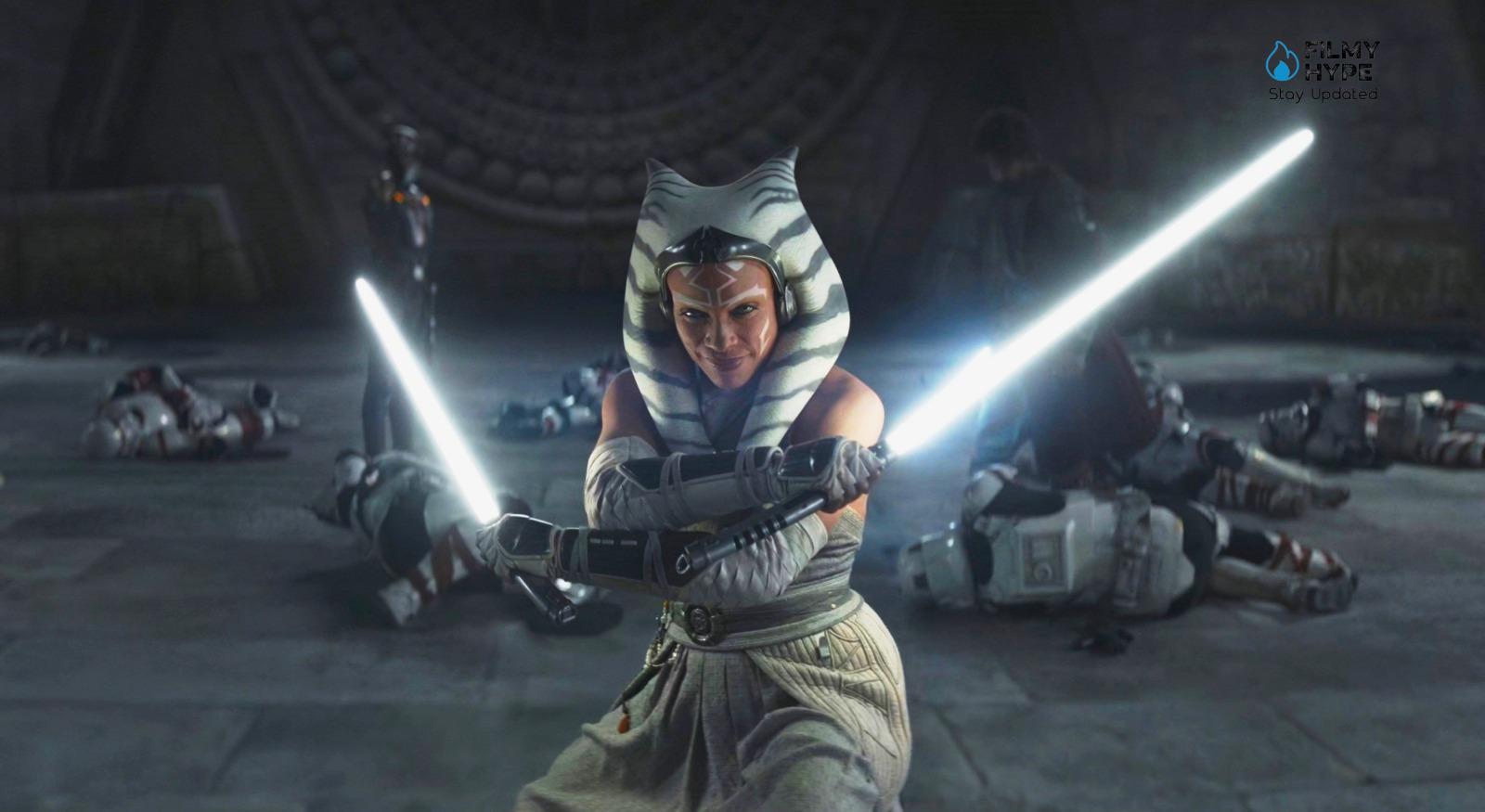
In such a rich choice obviously, not everything can be high profile, yet Star Wars fans constitute one of the most demanding fandoms, especially that segment of fans who grew up with the Original Trilogy (A New Hope, The Empire Strikes Back, Return of the Jedi). A community to which Dave Filoni, Ahsoka‘s creative father and tutelary deity of the sacredness of a saga which, entrusted to high-sounding but uninspired names, has lost its luster, also proudly belongs. Well, here we are after eight episodes capable of keeping the viewer glued to the screen thanks to an intriguing story and characters with whom they can identify, Ahsoka, a Disney+ miniseries written by Dave Filoni and set in the Star Wars universe in the post- Episode VI inaugurated from The Mandalorian has come to an end. It was a long journey, which took us to a new Galaxy and gave us much more than one surprise, but this ending, in reality, smells of the beginning and many new possibilities for the serial and cinematographic universe of the saga.
Ahsoka Episode 8 Review: The Story Plot
However, let us try to briefly recap where this series fits and what it wants to tell: set after the events of the third season of The Mandalorian and however starting from the fifth episode of its second season (which at this point we can consider a real backdoor pilot), Ahsoka narrates the exploits of the eponymous protagonist (Rosario Dawson) as she tries to understand where Grand Admiral Thrawn (a perfect Lars Mikkelsen) has ended up, after hearing rumors of his possible return to the galaxy as heir to the Empire, and consequently also the missing Ezra (Eman Esfandi). In The Mandalorian we saw her dealing with Morgan Elsbeth (Diana Lee Inosanto), Thrawn’s key ally, and here we discover the existence of a map that indicates the location of the Chiss with the flaming eyes, but to open it she will need of the help of her former apprentice Sabine (Natasha Liu Bordizzo) and she will soon discover that she is not the only one interested in this research.
Now, we sincerely believe it is appropriate to immediately point out the elephant in the room, already made evident by our simple synopsis, namely that Ahsoka is not a series open to everyone. By this, we mean that fundamental pieces of its plot as well as the characterizations, relationships, and behaviors of most of the characters are unfortunately not accessible to those who have not seen certain productions (we discussed this in detail in our in-depth analysis of Ahsoka‘s story). We’re sorry, but there’s no way to sweeten the pill as the series does absolutely nothing to fill similar shortcomings as The Mandalorian did for example.
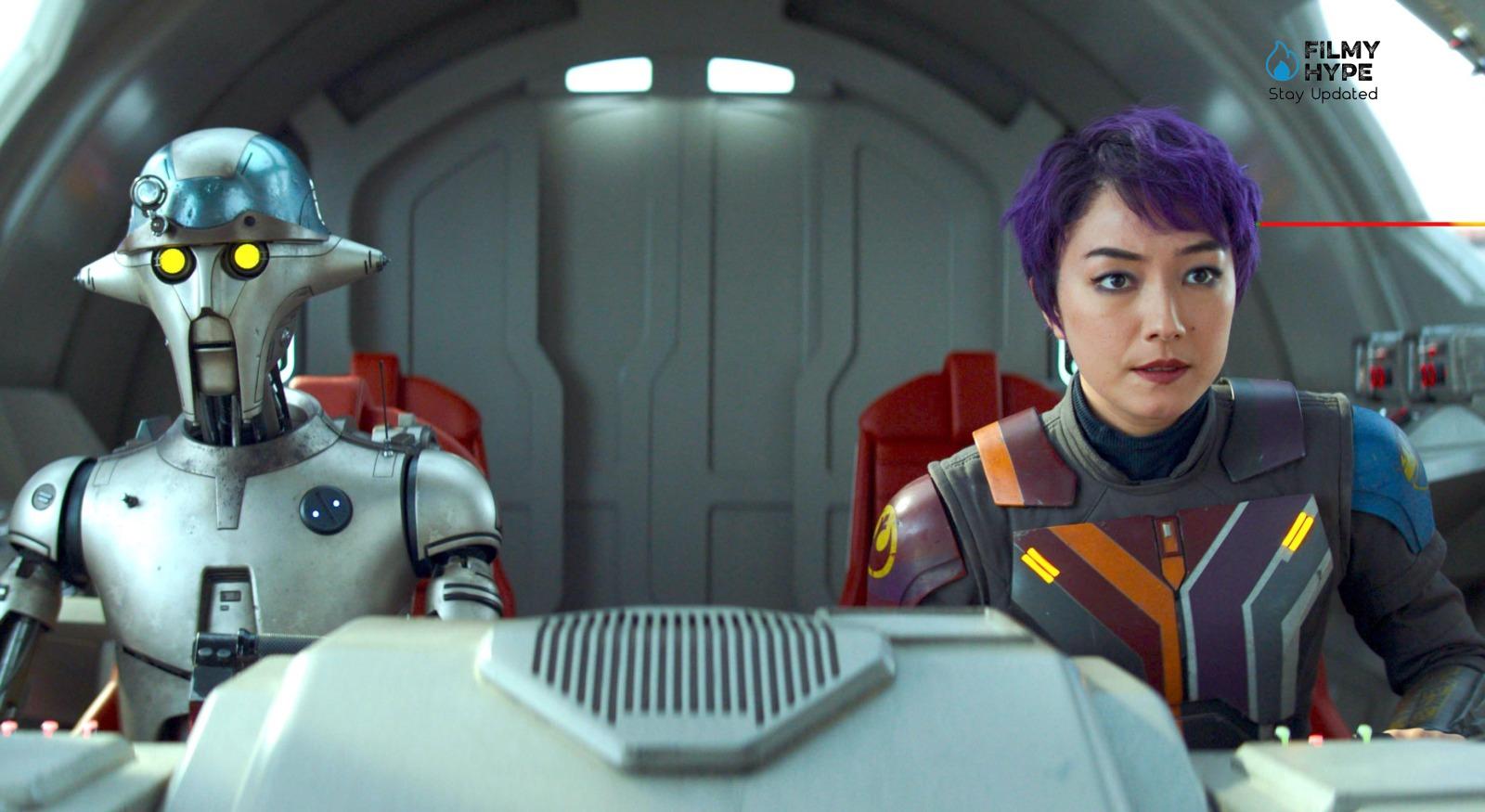
And perhaps Filoni and co aren’t even completely wrong, because it would have been impossible to insert some clarifying dialogue regarding characters with such a long history on screen. In short, prior knowledge is necessary of some arcs of The Clone Wars and almost the entirety of Rebels, otherwise precisely on a narrative and emotional level the series risks transmitting nothing to you. But, once this problem has been avoided, what is Ahsoka like? We underlined it in our preview, and we would like to reiterate it in the review: Ahsoka is 100% Star Wars, which is not afraid to use its best weapons and above all is not afraid of expanding the lore of a monumental franchise.
It is a series that catapults the viewer immediately into the center of the action – precisely because it is a direct continuation and as such does not require a prologue – and, excluding some sensational pauses to say the least, it never stops until the last available minute. But paradoxically the narrative is perhaps the least important component, after all, it is nothing more than a long search and/or rescue mission, a wild race against time with extremely high and delicate stakes. Narratively there is nothing else – except just a little something intriguing about the ending – and therefore the limelight is occupied by the protagonists, who continually pierce the screen.
Ahsoka Episode 8 Review and Analysis
The serial path of Star Wars, explosive at the beginning with The Mandalorian, has gradually become more complex, running into little-appreciated productions such as The Book of Boba Fett and Obi-Wan Kenobi. Curiously, it was the old glories of the franchise that showed the greatest fragility on the small screen, leading even part of the older fandom to feel an annoying tremor in the strength. Ahsoka‘s appearance in the second season of The Mandalorian represented hope, culminating in the announcement of the series that would see her as the protagonist. And to give even greater strength to this return of the beloved togruta was there in the presence of Filoni as narrator. Of the new course of the saga, there is no denying it, only Filoni and Favreau have proven worthy of carrying forward the adventures in the galaxy far, far away. In Filoni’s case, however, a happy harmony emerges between the serial narrator and the Star Wars enthusiast, a synergy that allows the creation of narrative grammar that becomes a portmanteau of Lucas’ two different souls.
Thinking back to the first trilogy, it is difficult not to see a dreamer, Lucas, fascinated as much by space adventure as by the magical element typical of the fantasy story. The Force is a ‘magic’, the Jedi are warrior wizards and the line between good and evil is clear. Lucas had found his narrative dimension, drawing on his passions, which ranged from Kurosawa to Leone. A dreamer who then collided with the real world, facing hardships and developing a less positive vision of the universe, resulting in the Prequel Trilogy, in which petty and poisonous traits emerge, with the fall of the hero and the end of an idyllic world. From The Phantom Menace to Revenge of the Sith, Lucas creates a less fantastic and more socio-political tale, in which ideals are broken in the name of power.
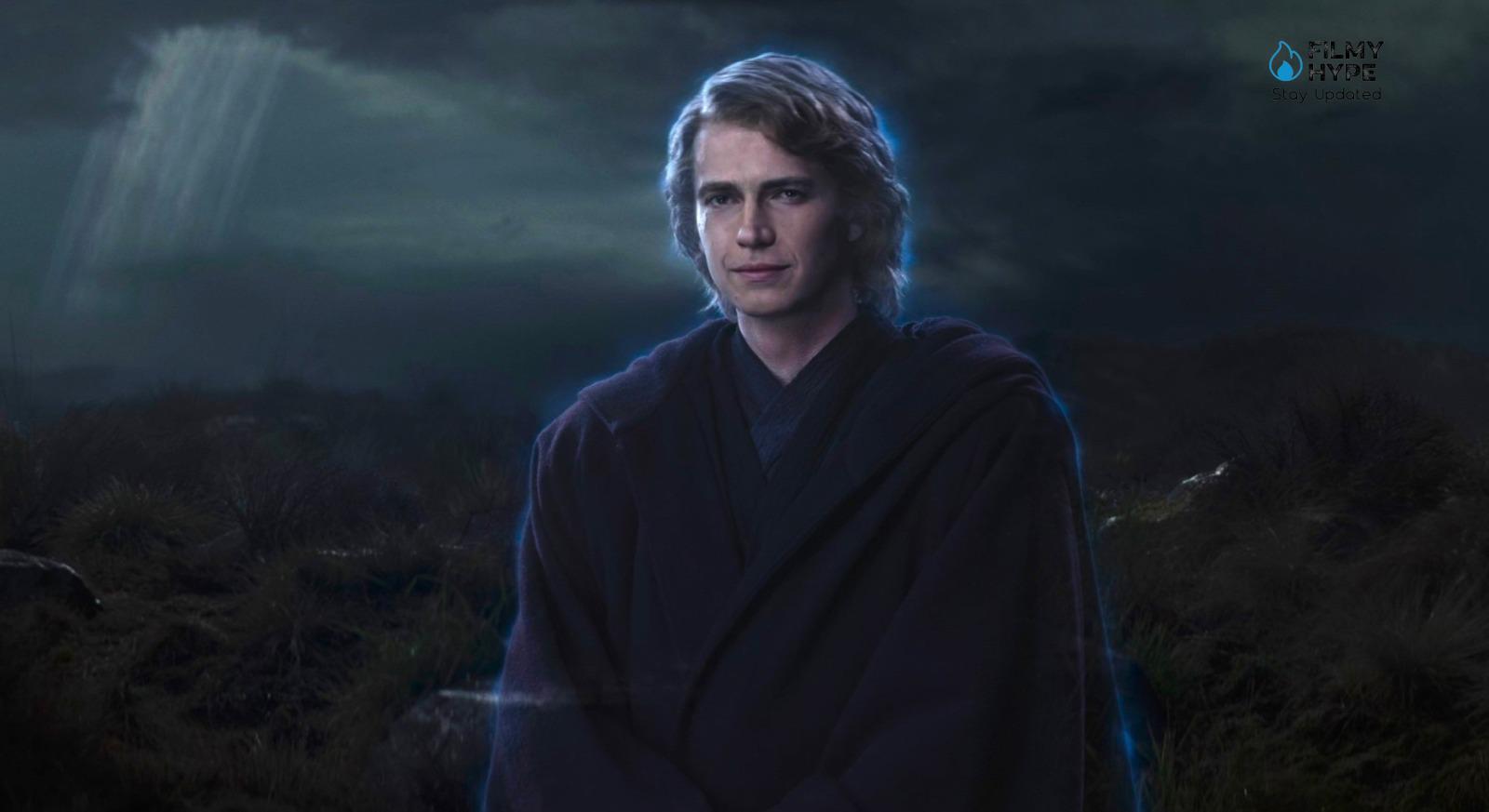
Filoni breathes both of these atmospheres, and he has already demonstrated it with Clone Wars, the animated series in which his beloved togruta debuts. Ahsoka was born in an animated series that recounts a period of war without showing the true ugliness of the ferocity of war, it skims the surface but with enough intensity to create a character that is anything but obvious. Filoni is aware of this, and he works further on Ahsoka (from Rebels to Tales of the Jedi), building on Skywalker’s padawan one of the pillars of the new course of Star Wars, creating a dyad between her and Anakin. The emotional framework of Ahsoka is based on these premises. Banally, one could say that Filoni wanted to satisfy the whim of closing the circle of Rebels, of playing once again with the characters he loves, but salient points such as the fifth episode show how Filoni wanted to find intimate visions of the characters that reflect their evolution, within a constantly changing galaxy.
The Disney Plus series showed us something else, it offered us a return to the emotional origins of Star Wars. Even though we find ourselves in the period of rebirth of the Republic, Filoni finds a way to detach us from this social feeling, touching it marginally in two episodes that are influenced by Lucas’ socio-political vision in the Prequel Trilogy, preferring to focus on the primordial tradition of the franchise: adventure and magic. And magic doesn’t mean forgetting that midichlorians exist. Magic is finding the right narrative time to build a fantastic imagination that conveys the sense of wonder that has been missing from the saga for too long, whether in the tenderness of the caress of a purge or the mephitic magic of the Great Mothers. Ahsoka represents a return to the authentic essence of Star Wars, with the fascination of the role of the young hero and his master tempered by a modern flavor of storytelling in which the roles are not monolithic but multifaceted.
An intense and kaleidoscopic emotional range animates Ahsoka‘s journey, which although driven by the desire to prevent the return of a serious threat to the Republic, reveals itself at the same time as an internal moment to understand her place and heal wounds of the past. The fourth episode is fundamental to understanding how central Filoni’s work is in the development of Star Wars, a courageous stance on his creation, bringing into live-action a little girl who is forced to fight, leading into battle men who will die for her orders. What was glossed over in Clone Wars, given the target audience, in Ahsoka explodes in the face of the viewer, who experiences the Jedi’s past from an adult perspective. And from this internal journey, Ahsoka emerges again as the most complete character in the new direction of the franchise, vivid and coherent in all her evolution.
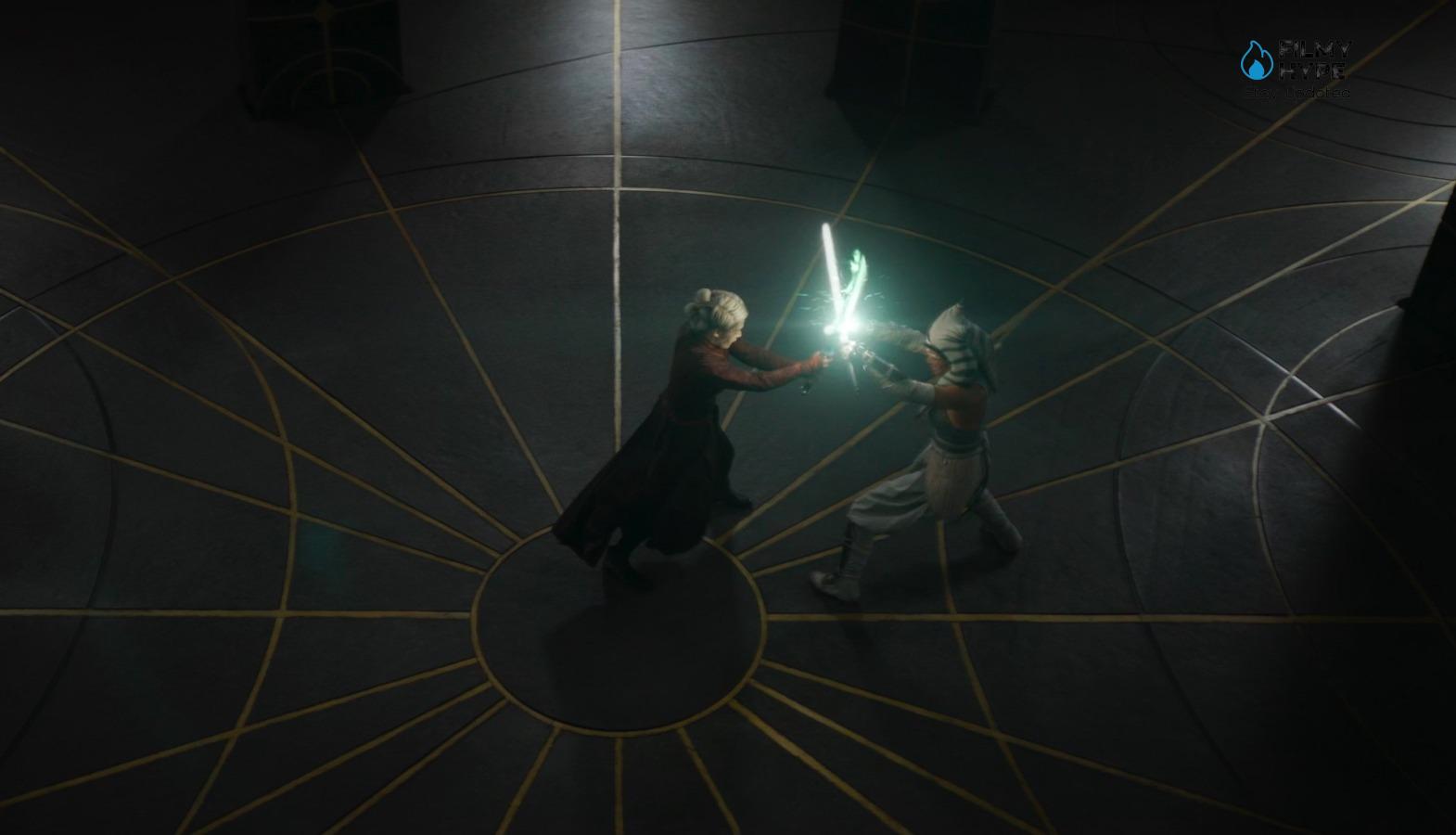
After the disappointments of previous serial experiments, except Andor, Ahsoka represented not a new, but rather a last hope for many fans of the series. Filoni takes up the challenge and wins it completely, with a dense plot full of ideas that deserve future evolution, playing with the strong points of the saga and using Easter eggs with particular attention to building a functional and engaging narrative frame. An emotional involvement played on the return of faces loved by fans, not as sterile quotes, but as founding elements of the story. The central episode of Ahsoka, the most successful in this respect, is a fulcrum for the entire saga, speaking directly to the hearts of viewers to show them the essence of Ahsoka and the one who was the Chosen One. Filoni is aware of what Star Wars viewers want, he shares their passion and at the same time does not forget that he is the narrator, a dichotomy that he resolves by writing a story that makes its own the classic dictates of the first Star Wars, that of the dreamer Lucas.
The magic returns, the Kurosawa-style atmospheres return, and an entire episode seems to come straight out of a classic western, complete with an assault on the convoy on the prairie. Dropped within the economy of the series, these salient features can fade into the background, but it is precisely this complete, silent connection that reconstructs the meaning of Star Wars. And it’s this secret recipe that makes Ahsoka the best Star Wars series yet. A record that is certainly not without flaws, with some moments that at times seem forcefully comical, and an ending that leaves equal room for hopes and fears. So open that they lead us to hope that Filoni’s announced film does not also involve the togruta, who instead deserves to continue his journey around the galaxy for a long time to come.
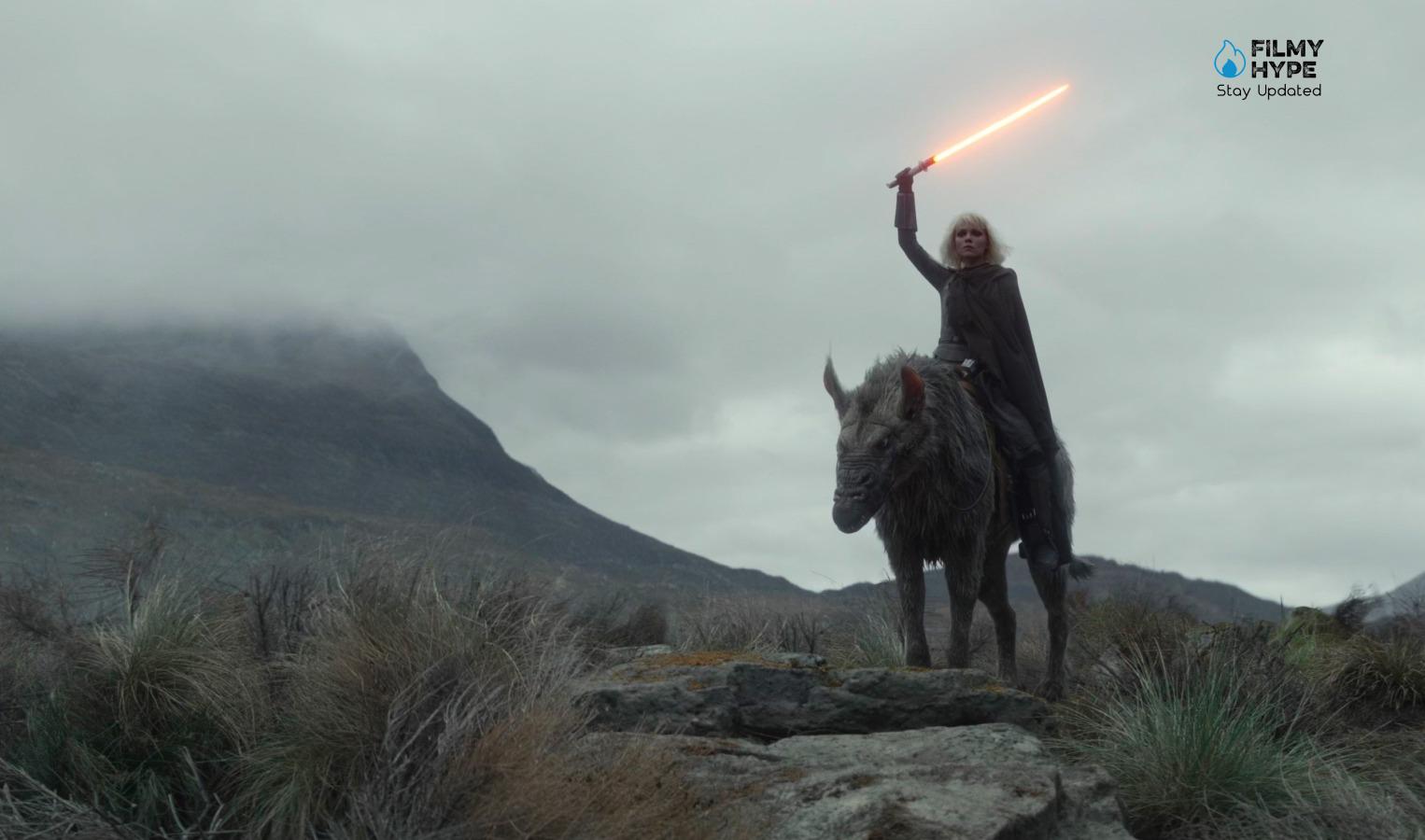
Rosario Dawson, Natasha Liu Bordizzo, Eman Esfandi, Mary Elizabeth Winstead – who plays Hera Syndulla – and Lars Mikkelsen were simply extraordinary in giving life, from movements to ways of speaking, to pre-existing characters, perfectly capturing their peculiarities, whether Ezra’s joviality in any situation or Hera’s cheekiness. Just as the late Ray Stevenson and Ivana Sakhno were sensational in the role of two Dark Jedi, some of the most interesting new entries in Star Wars in the last decade. They make the show: the complex relationship between Ahsoka and Sabine and, consequently, that between the Togruta and her old master Anakin, the unattainable charisma and ruthless and calculating coldness of Thrawn predominant in every scene in which he is present, the moral dilemmas that the discovery of Ezra involves, the disturbing aura of sinister magic around the Nightsisters, the master-student dialectic also present in Baylan Skoll and Shin.
Ahsoka masterfully executes all these points, flooding the viewer with a continuous tidal wave of mysteries, emotions, and surprises. A stupendous result finally enhanced by some well-made action sequences – as in Andor and The Mandalorian, much less in the rest, including a clash between spaceships in flight that doesn’t end in 10 seconds or ends up becoming an amalgam blur of lasers and random explosions. If there is a flaw to be found in the new Star Wars series, it is its bridging nature at least in this first season, because ultimately it is nothing more than a further step towards the crossover film that Filoni intends to make. With a hypothetical second season, though, the potential to expand on the source material would be wonderfully endless.
Ahsoka Episode 8 Review: The Last Words
Ahsoka is at the same time 100% Star Wars and a perfect if not exactly moving continuation of a story interrupted 5 years ago with the last season of Rebels. And, as such, to tell the truth, it is rather poor on a narrative level, not in the sense that few things happen, but that ultimately it is just a rescue and search mission, so to speak. There isn’t much else narratively and that’s because the characters get the limelight. We don’t want to spoil anything for you, just know that the interpretations were perfect and the emotional weight that these characters carry with them after 5 years of absence is reconstructed with extraordinary care and meticulousness, reaching some of the best heights in the entire franchise. Two aspects hold Ahsoka back a bit: one is forced, that is, unfortunately, you need to know some specific arcs of The Clone Wars and almost the entirety of Rebels, otherwise it is a series that will convey little or nothing to you; the other is precisely the somewhat missing narrative and this is because it is a bridge season towards the crossover film conceived by Filoni. The rest, however, remains a marvel.



